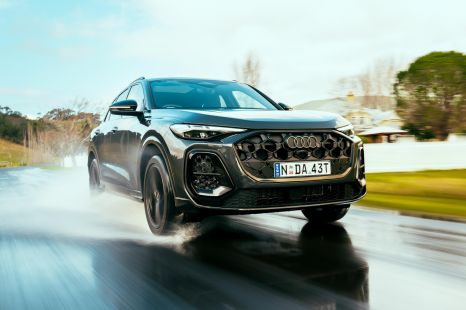

James Wong
2026 Audi SQ5 review: Quick drive
6 Days Ago

News Editor
Volvo Cars is cutting funding to Polestar, with their mutual parent Geely to assume full responsibility for the electric vehicle (EV) brand.
“As we move into the next phase of our transformation, including deploying large-scale investments in the creation and adoption of new technologies and future-fit production facilities, our focus is on developing Volvo Cars and concentrating our resources on our own ambitious journey,” Volvo Cars said in a statement.
“We are therefore evaluating a potential adjustment to Volvo Cars’ shareholding in Polestar, including a distribution of shares to Volvo Cars shareholders. This may result in Geely Sweden Holdings becoming a significant new shareholder.
“Geely will continue to provide full operational and financial support to Polestar going forward, and as a result Volvo Cars will no longer provide further funding to Polestar.”
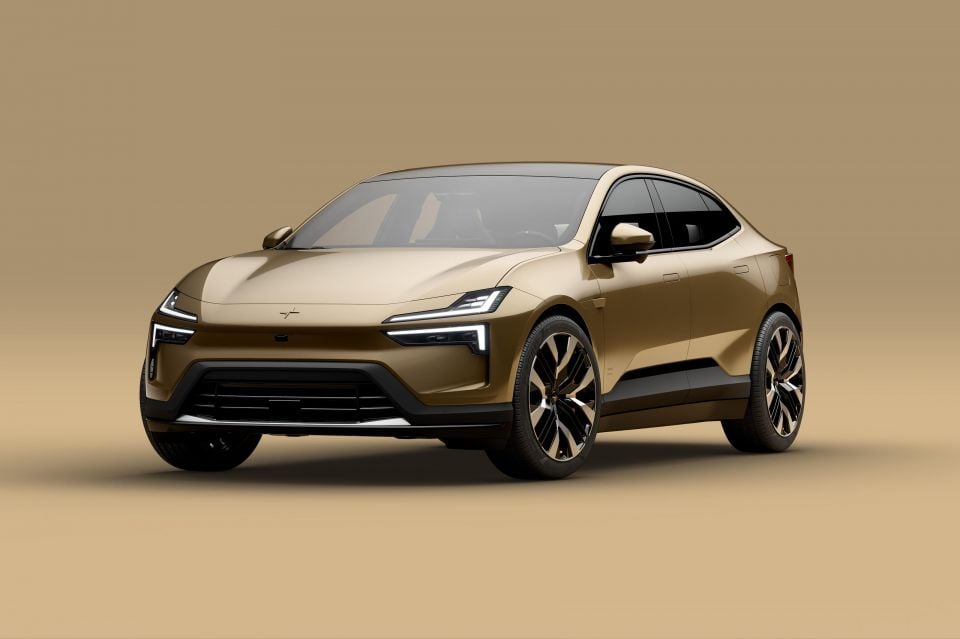
Volvo says it will extend the repayment period for the existing convertible loan by 18 months to the end of 2028, pending approvals, and the two brands will still collaborate on R&D, manufacturing and aftersales.
Although it’s now a public company, Volvo and Geely together currently own almost 95 per cent of Polestar’s shares, with Volvo holding a 48 per cent stake.
Geely has confirmed it will provide “full operational and financial support to the independent exclusive brand going forward”, and won’t reduce its 79 per cent stake in Volvo Cars.
The Chinese giant said it welcomes Volvo’s decision to focus its resources on its own “transformational journey”. Some analysts had criticised Polestar as being a drag on Volvo.
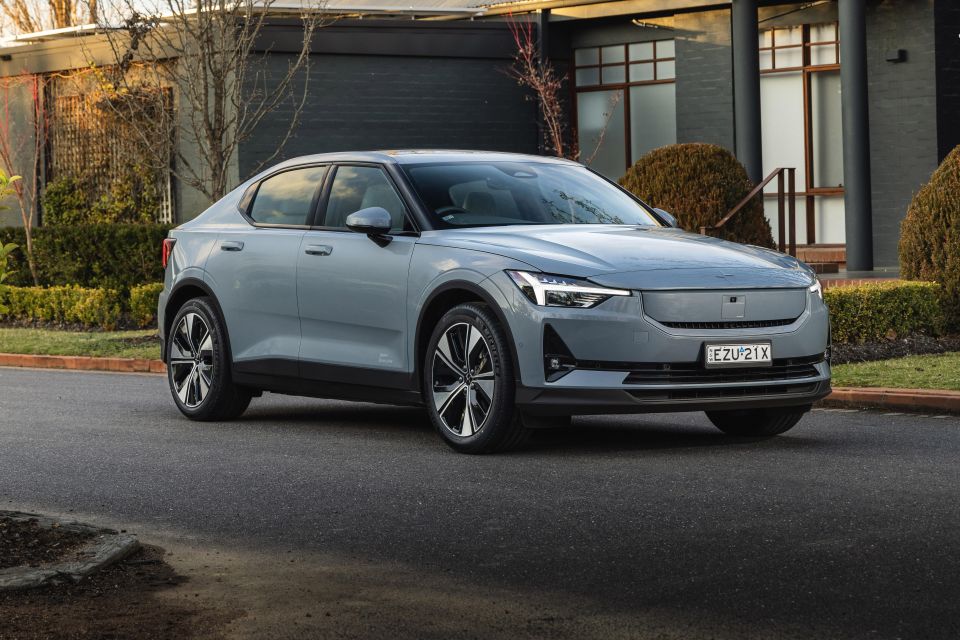
Since its US share market listing in 2022 via a merger with a special purpose acquisition company (SPAC), Polestar’s shares have plunged by 83 per cent.
It fell short of its sales target of 60,000 vehicles last year, which had earlier been revised down from 80,000 vehicles.
Polestar delivered only 54,600 cars – a modest six per cent increase over its 2022 tally – blaming a “challenging market”.
The company confirmed in January it would retrench 450 workers, or about 15 per cent of its workforce.
Polestar’s overall headcount is low because it uses an “asset light” approach, with manufacturing done by Volvo and Geely.
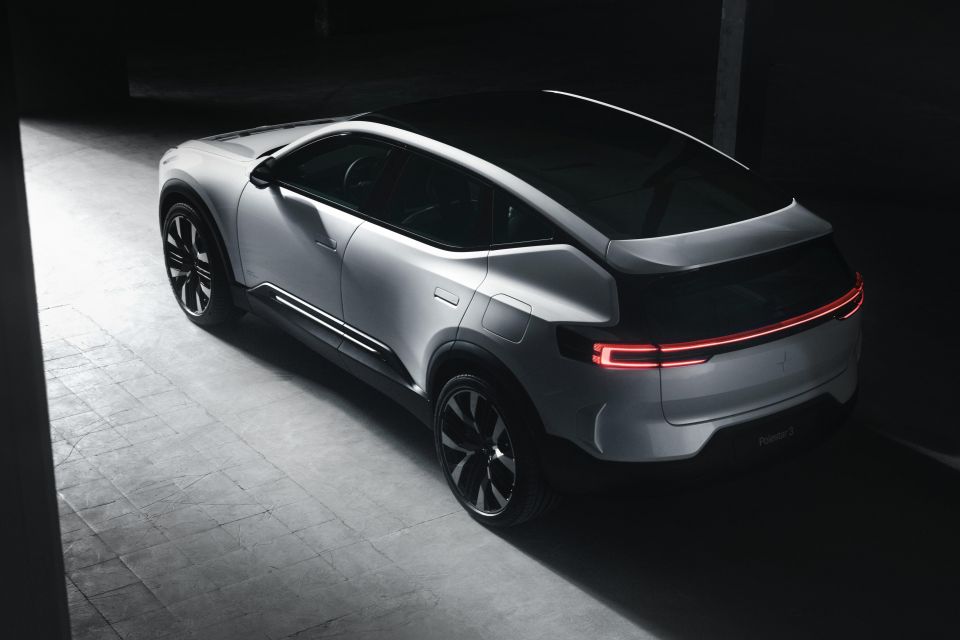
Among the challenges faced by automakers in 2023 were slowing growth for electric vehicles (EVs), and reduced EV subsidies in many jurisdictions. Tesla managed to keep sales growing by slashing prices.
In November 2023, Polestar accepted these changing conditions and outlined a new near-term plan focussing on its profit margins. It also secured an additional US$450 million ($685 million) in loans from Volvo and Geely.
Even after cuts, however, Polestar says it still needs US$1.3 billion (A$1.97bn) in external funding until it reaches targeted cash flow break-even in 2025 – though it claims it’s “well advanced on securing the additional external funding required”.
Polestar is one of many brands under the Geely umbrella, some of which overlap. For example, Zeekr, which was established in 2021, is another exclusively electric brand that offers vehicles at similar price points. Volvo is also transitioning to an electric-only lineup.
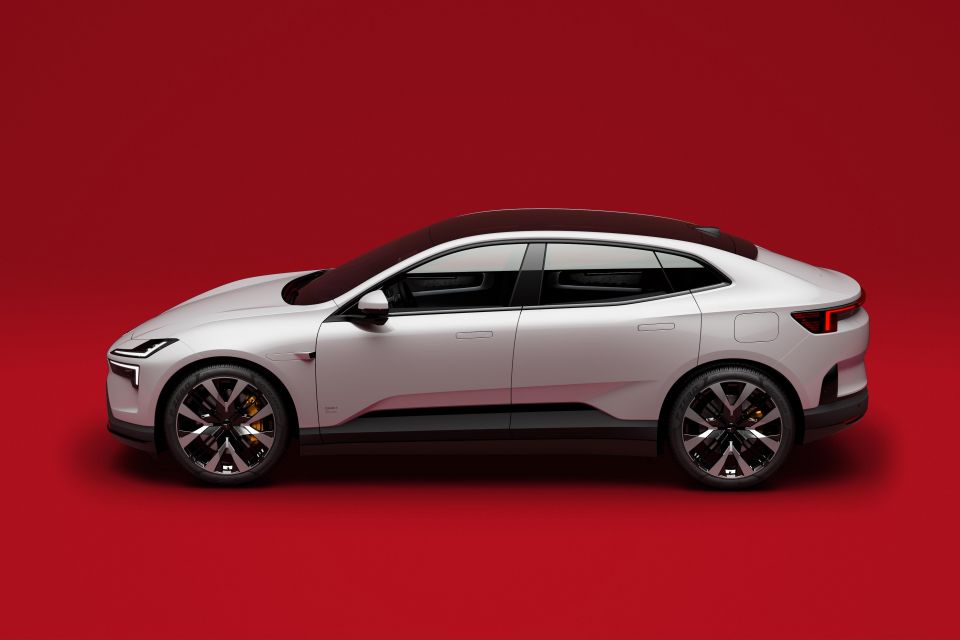
Shifting further up the brand hierarchy, Lotus is also rolling out electric sedan and SUV models.
Starting life in the late 1990s as a racing outfit, Polestar began tuning Volvo cars in the mid-2000s, and was bought out by Volvo in 2015.
Two years later, Volvo and Geely announced Polestar would become a standalone brand focussing on electrified – later fully electric – vehicles.
Polestar currently offers two vehicles: the Volvo XC40-based Polestar 2 high-riding sedan, and the larger Polestar 4 crossover coupe. Orders for the latter recently opened in Australia ahead of arrivals in August.
The first deliveries of the Volvo EX90-based Polestar 3 are expected to start around the middle of 2024.
MORE: Everything Polestar MORE: Everything Volvo
Where expert car reviews meet expert car buying – CarExpert gives you trusted advice, personalised service and real savings on your next new car.
William Stopford is an automotive journalist based in Brisbane, Australia. William is a Business/Journalism graduate from the Queensland University of Technology who loves to travel, briefly lived in the US, and has a particular interest in the American car industry.


James Wong
6 Days Ago
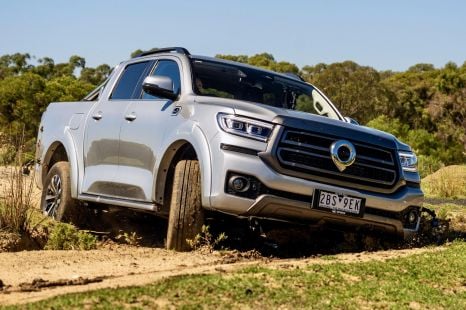

Max Davies
5 Days Ago
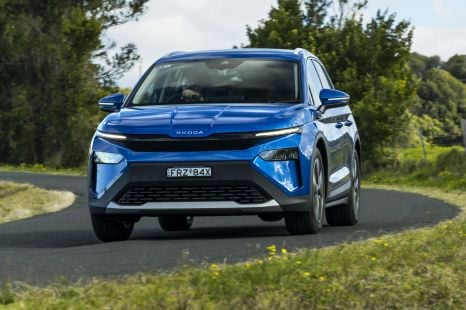

Josh Nevett
3 Days Ago
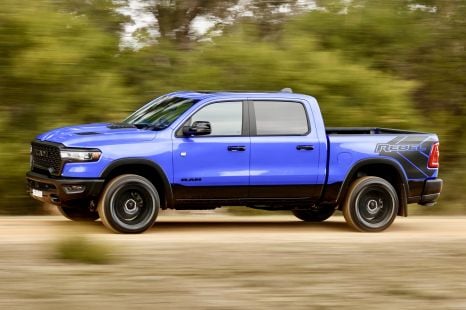

Max Davies
3 Days Ago
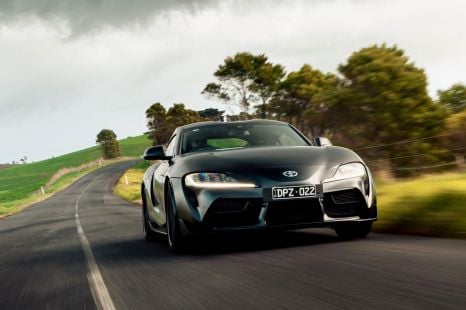

Max Davies
2 Days Ago
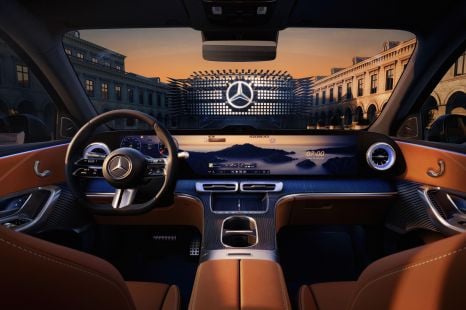

Derek Fung
2 Days Ago